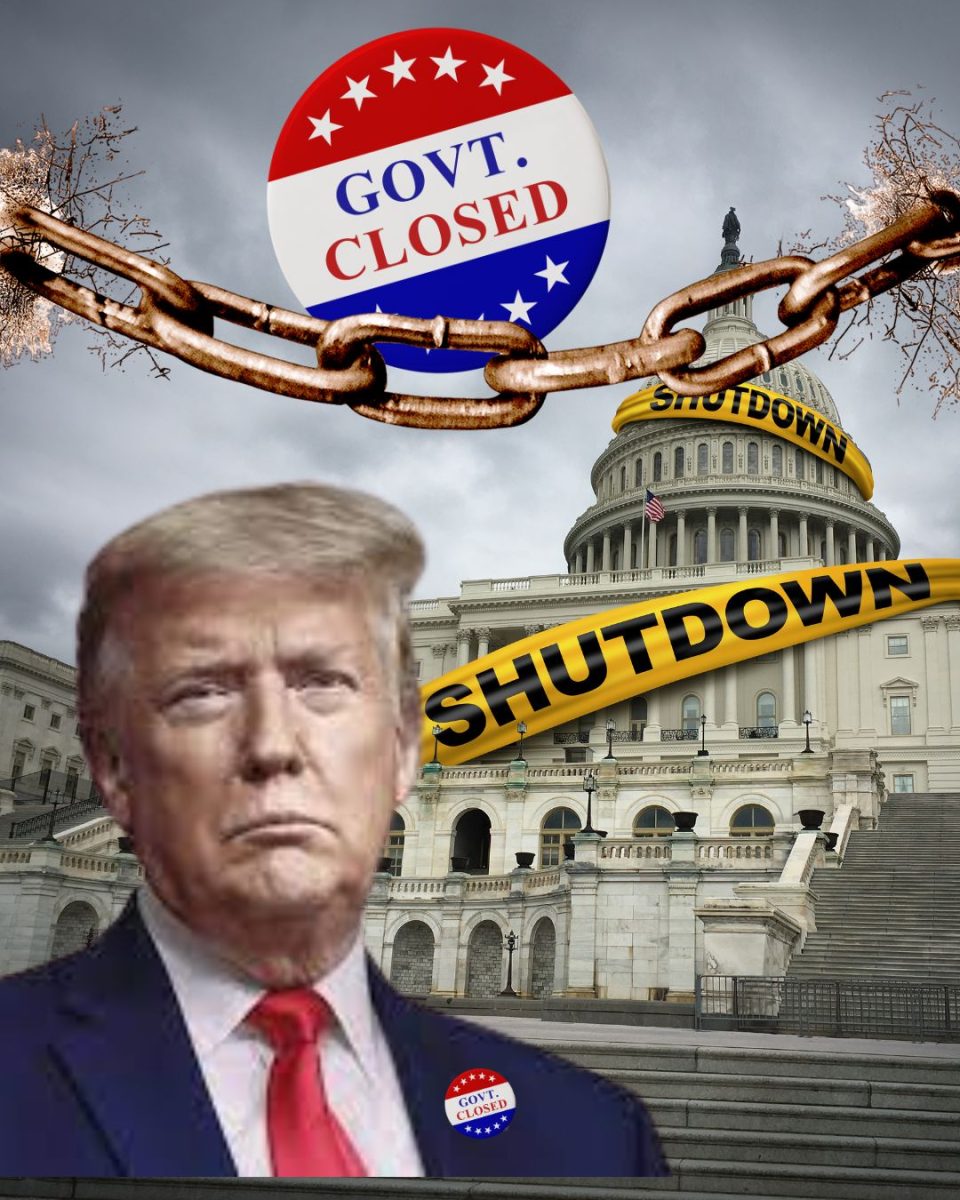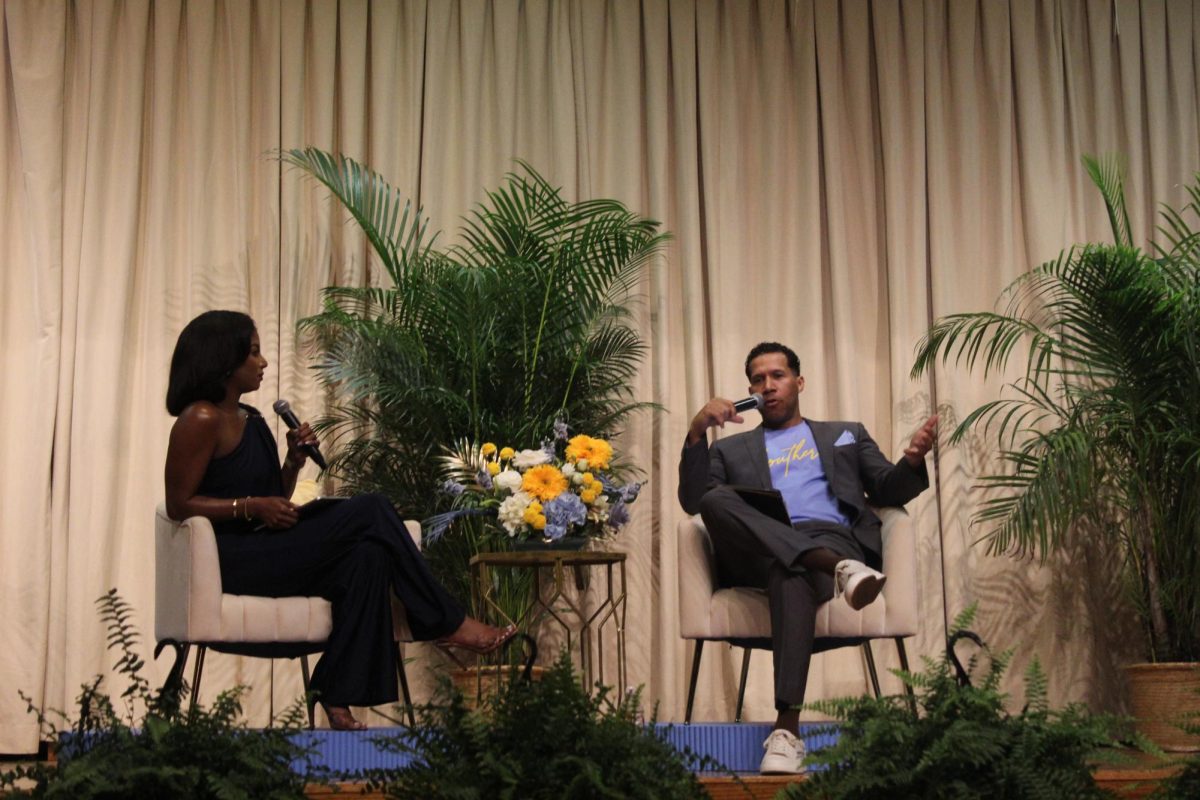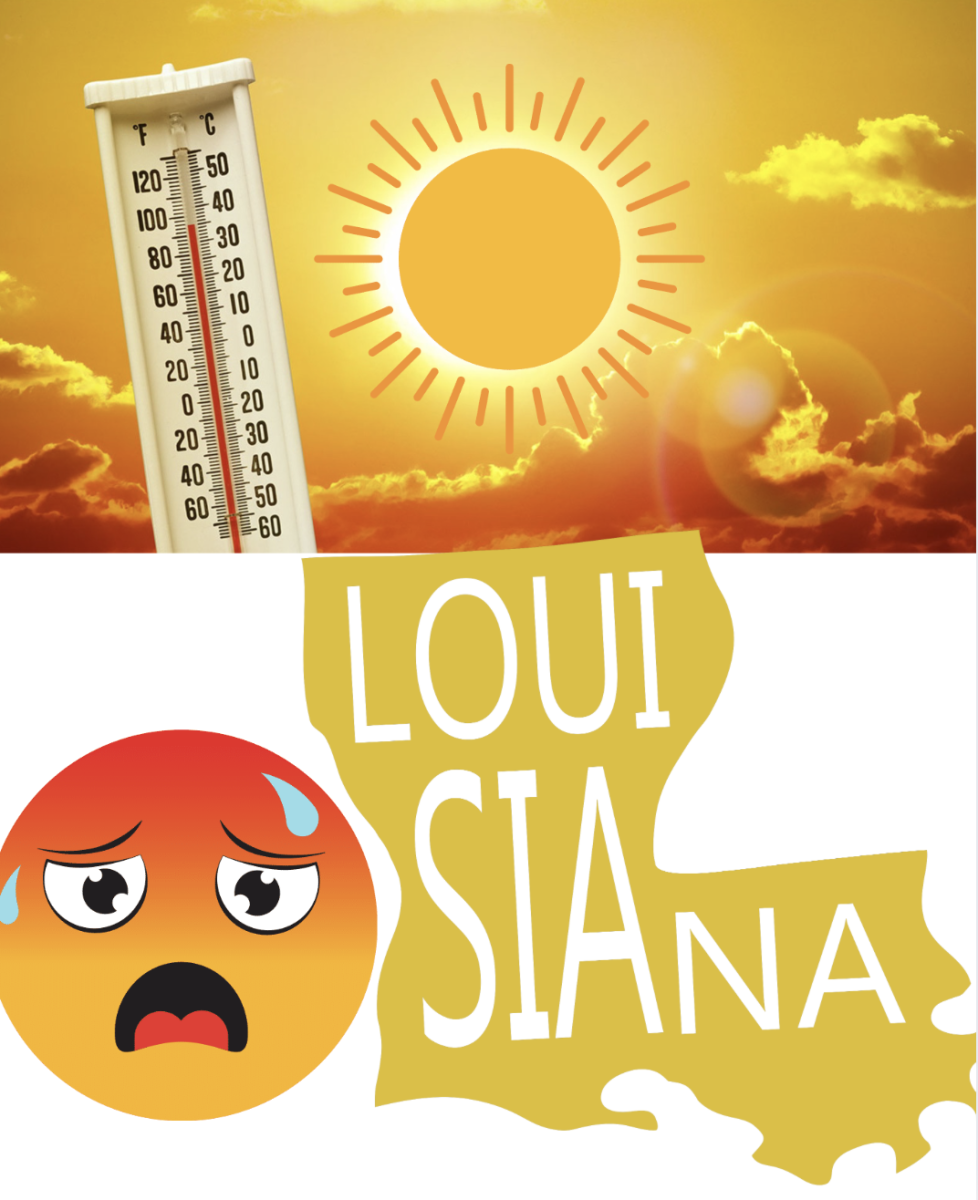As the federal government remains shut down, many Historically Black Colleges and Universities (HBCUs) across the country are feeling the ripple effects. What might seem like a distant political fight in Washington, has quickly turned into a real crisis for students and teachers who rely on federal funding to keep their education and programs afloat.
For generations, HBCUs have been pillars of opportunity for Black students, producing leaders, educators, and innovators who have shaped history. But these institutions often operate with smaller endowments and fewer private donations compared to larger universities. That means federal funding—through Pell Grants, student loans, and research programs—serves as their lifeline. With the government shut down, that lifeline is starting to tighten.
Students at HBCUs are among the first to feel the pressure. Many depend on federal aid to cover tuition, housing, and meal plans. While some Pell Grants and loans are still being processed, delays in verification and payments are leaving students uncertain about how they’ll pay for essentials. Hellaysha Anderson, a Freshman, stated “I honestly feel that as a college student that depends on government assistance for my tuition to be paid, I feel as though it affects us majorly.”
The shutdown also freezes new grants and research funding that many schools count on to improve labs, support mentoring programs, or launch community outreach initiatives. For example, STEM departments at several HBCUs have had to pause ongoing research because federal contracts are suspended. Without those funds, students lose valuable hands-on learning opportunities and professors struggle to continue their work.
“I honestly don’t feel any way at this point in life” Junior Catherine Burkett said. “I just pray about it and trust that God will make a way. Worrying won’t fix it, so I just keep focusing on my classes.”
Faculty and staff are also caught in the middle. Some HBCUs are using emergency reserves to keep payroll steady, but those reserves won’t last forever. Professors who rely on federal research stipends or travel reimbursements are seeing their projects delayed indefinitely. “Personally, the government shutdown hasn’t affected me much in my day-to-day work. However, I am concerned about some of my family members who are not citizens and may be impacted by delays or interruptions in certain government services. I’m also mindful of how the shutdown could lead to payment delays or disruptions that might affect educators and staff indirectly if it continues. It’s definitely a situation that creates uncertainty for many people,” expressed Spanish Professor Juan Acevedo Fontecha.
Beyond finances, the emotional toll is heavy. For many first-generation college students, higher education is already a fragile dream. A shutdown like this creates more barriers—delaying progress, increasing anxiety, and threatening the very mission of HBCUs to uplift underrepresented communities.
As negotiations drag on in Washington, the hope among students and educators remains simple: that the government will reopen soon so learning can continue without the weight of political uncertainty. Until then, HBCUs continue to do what they’ve always done—persevere, even when the odds are stacked against them.






